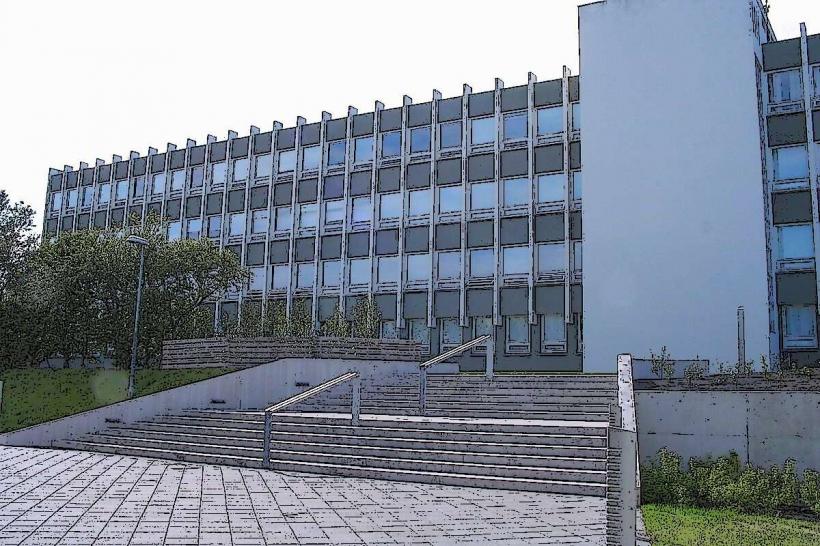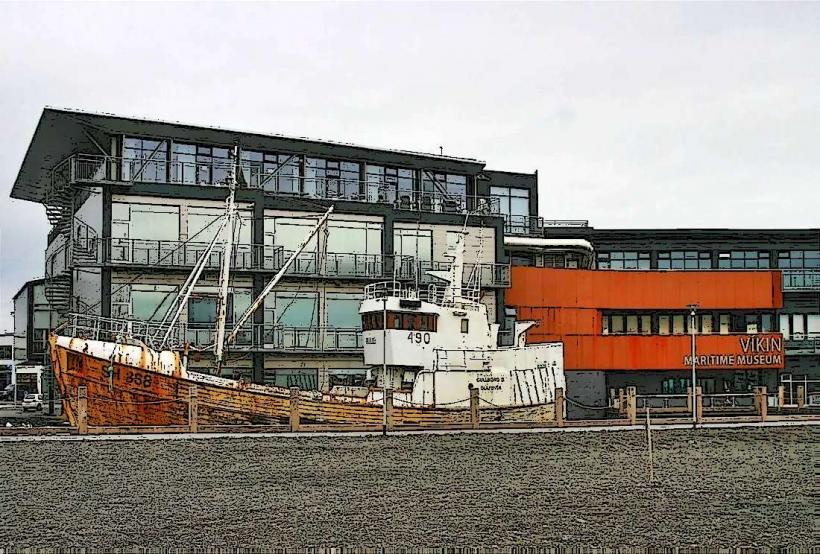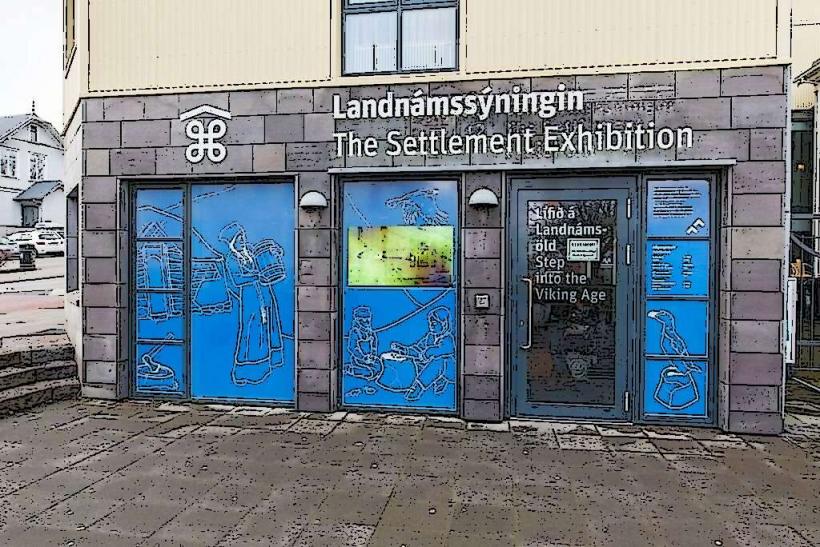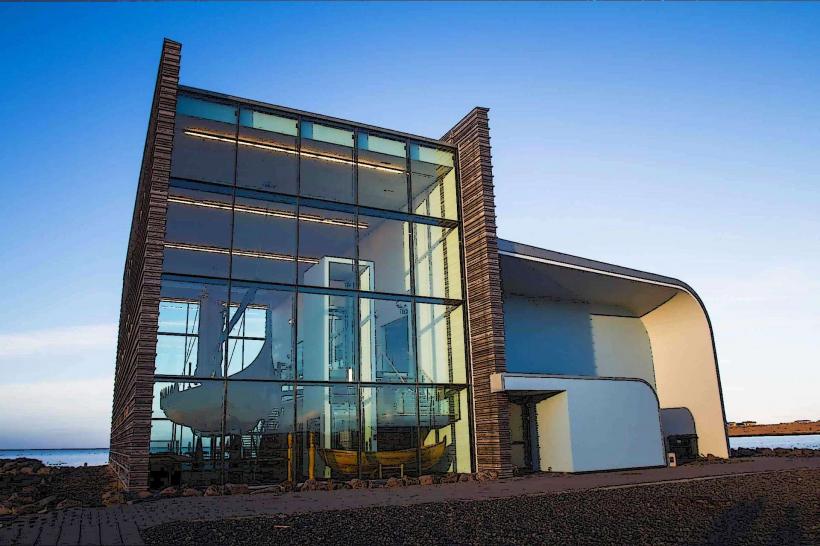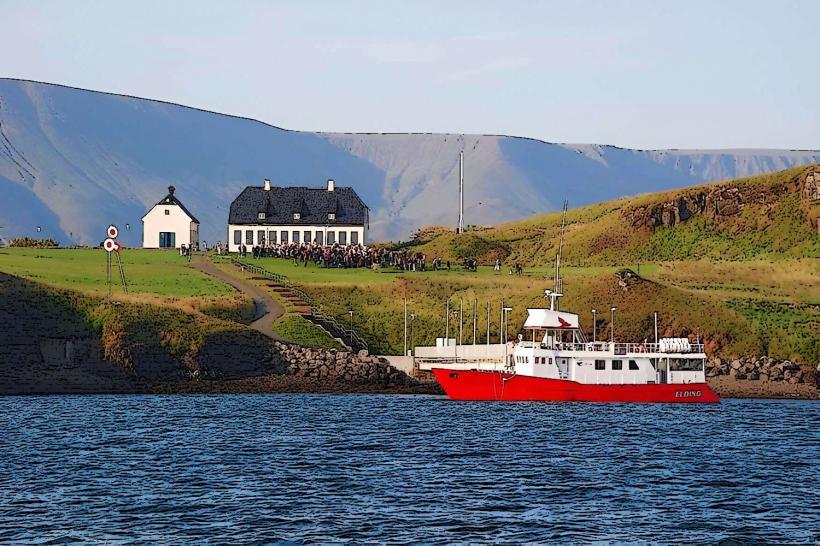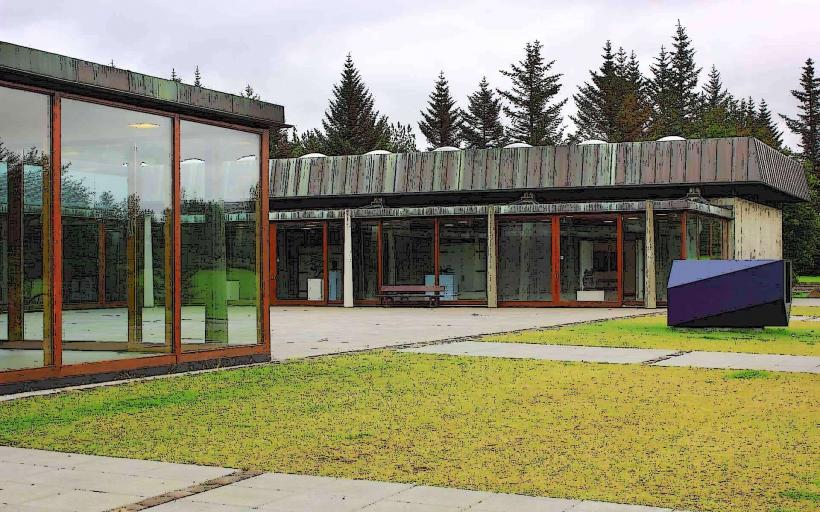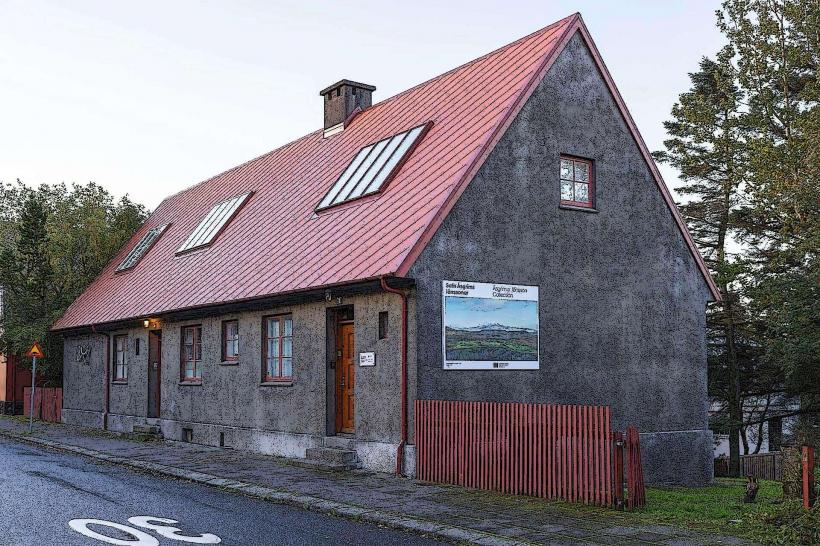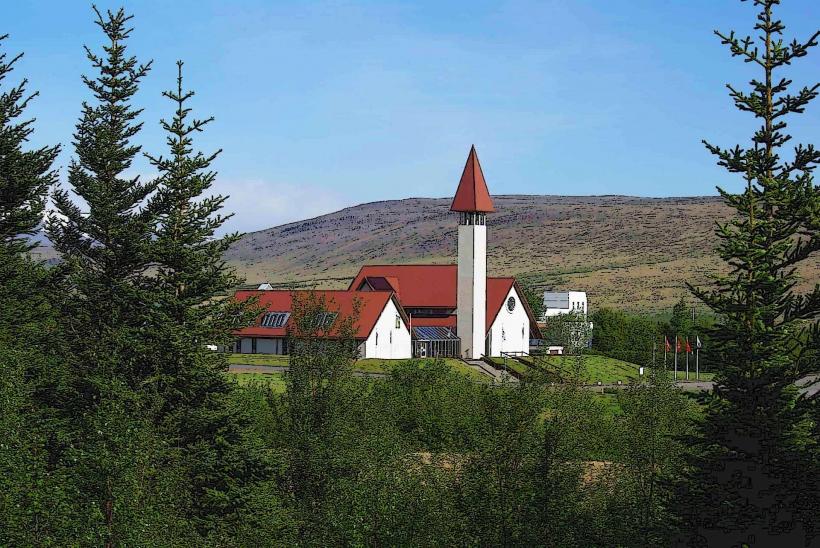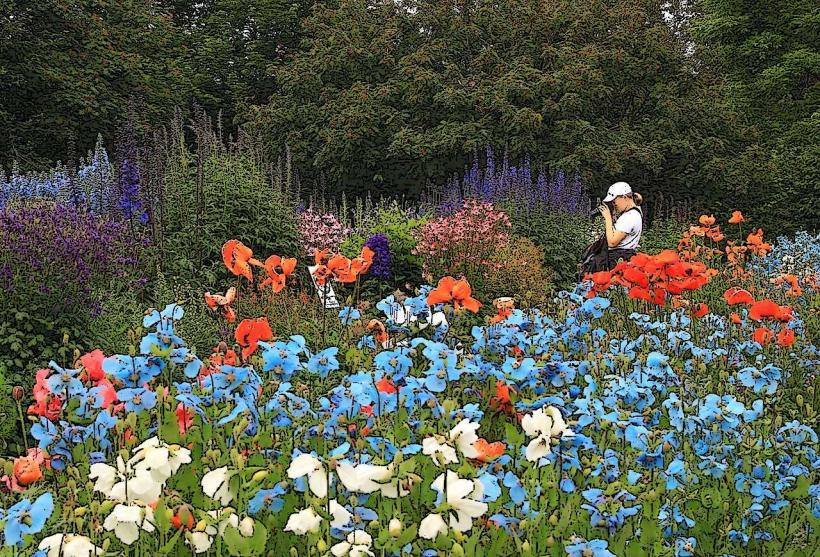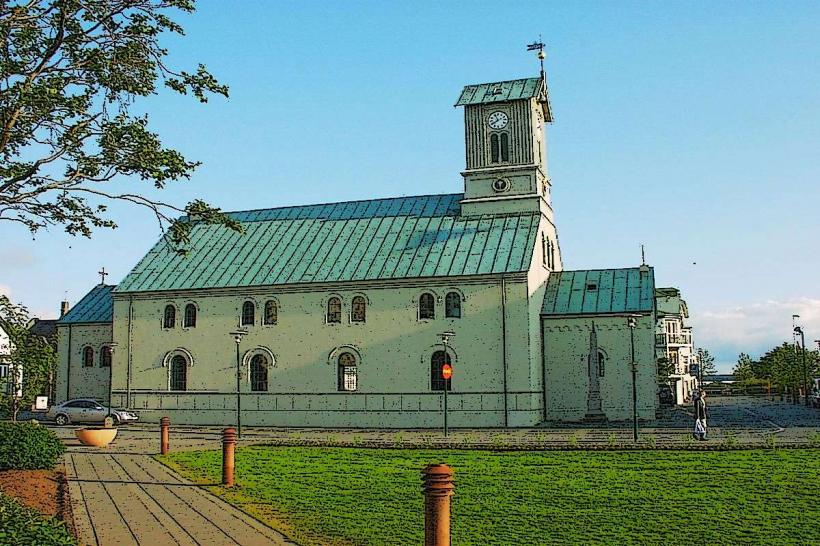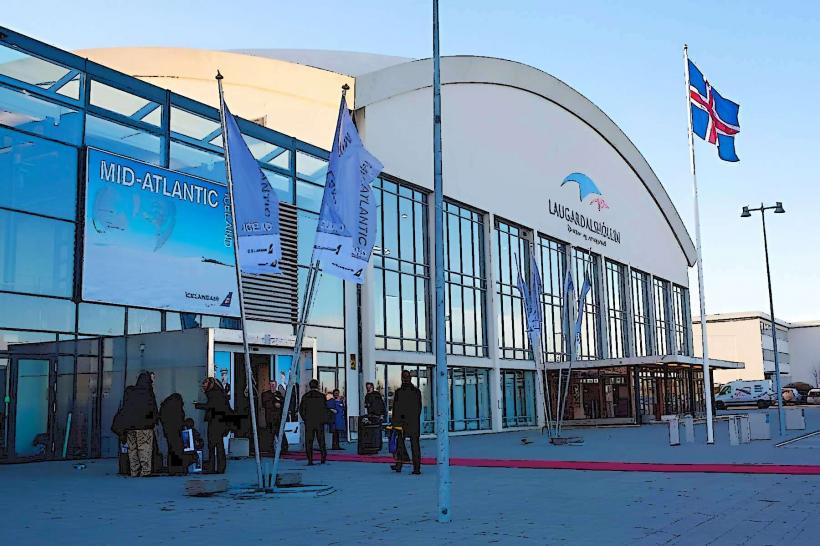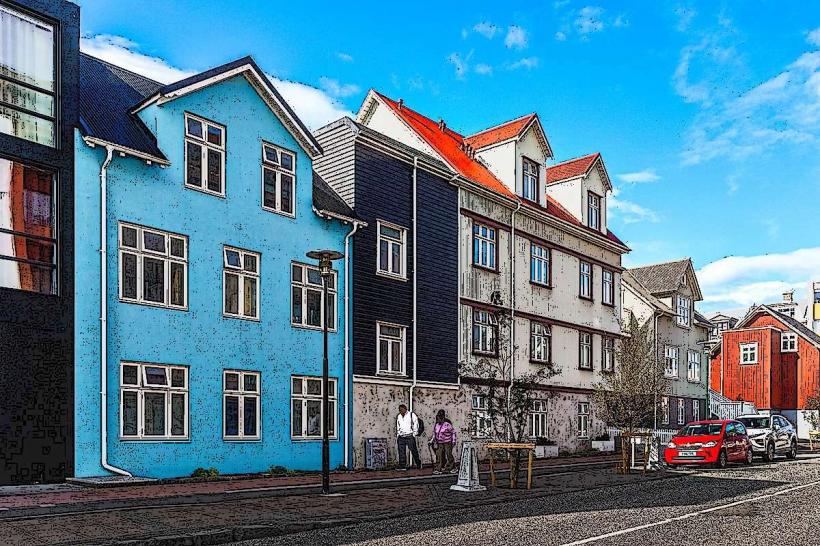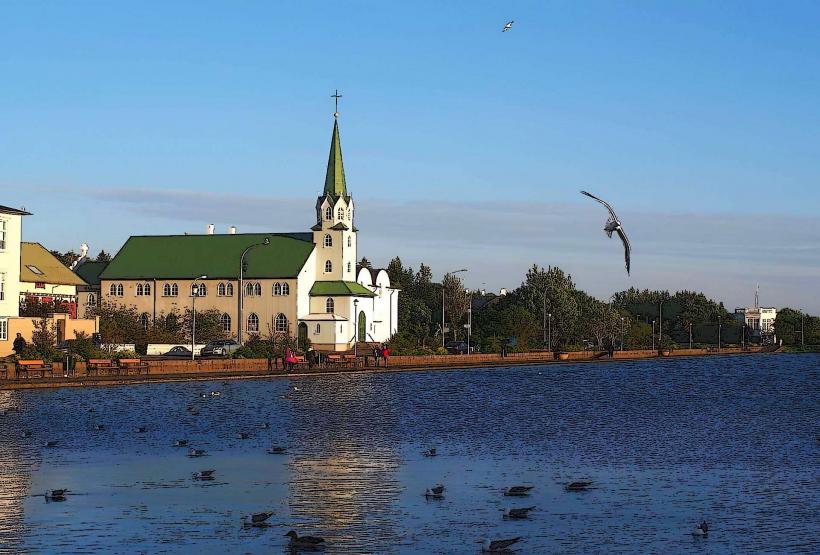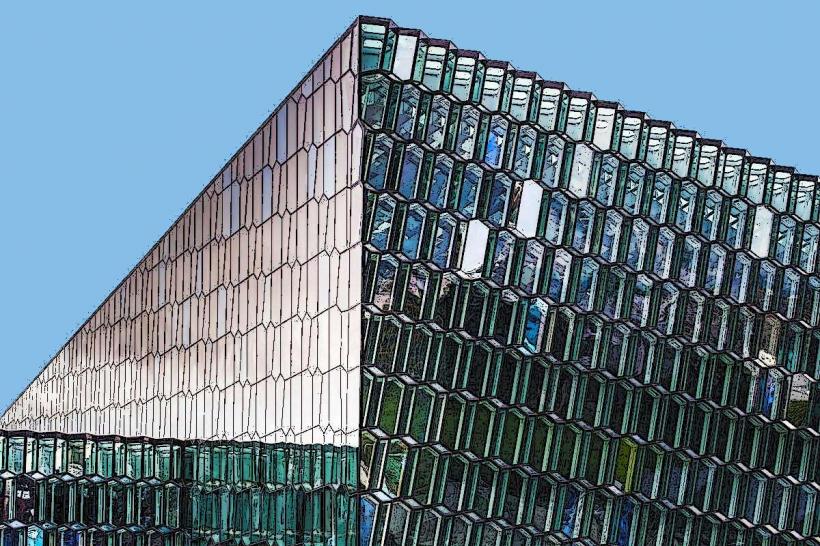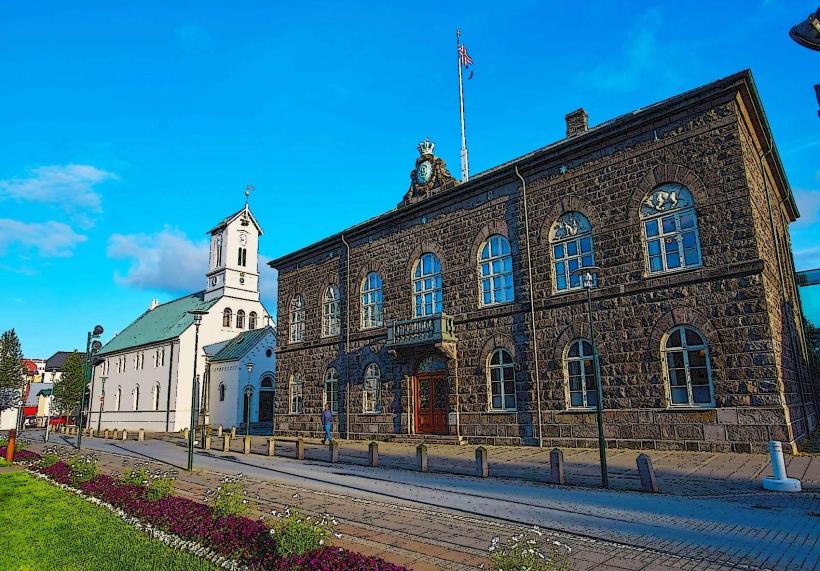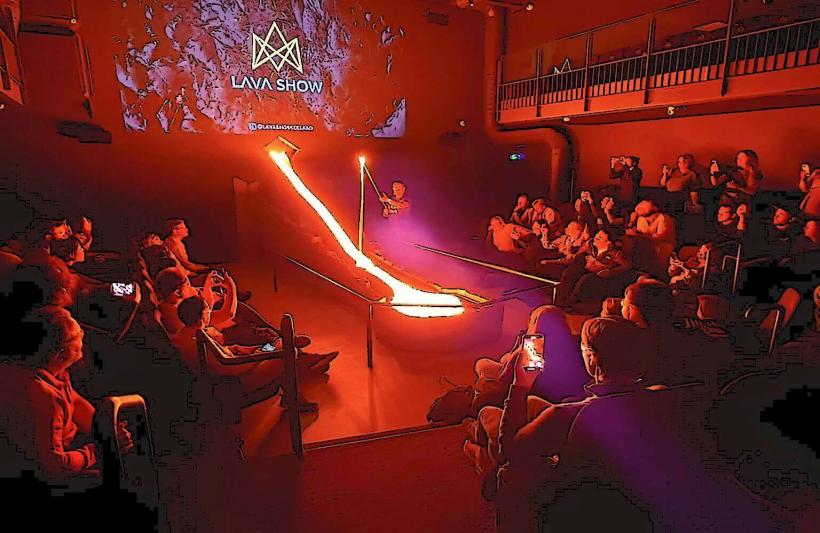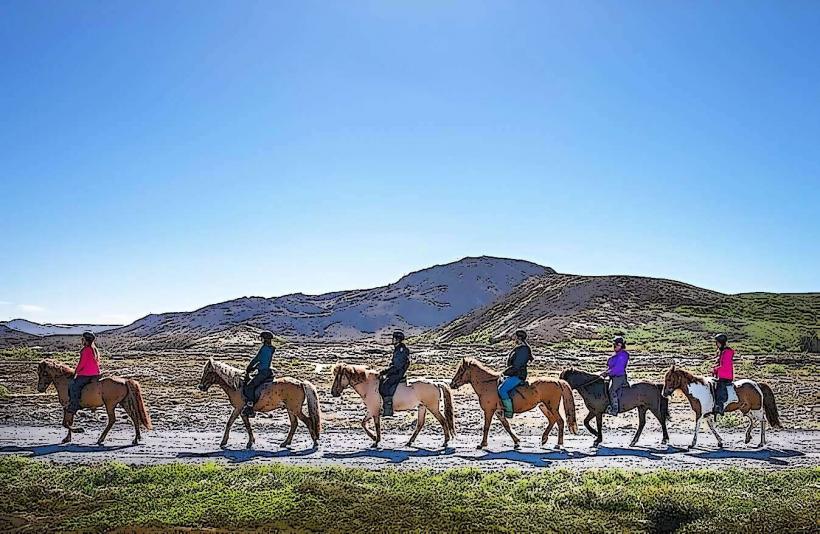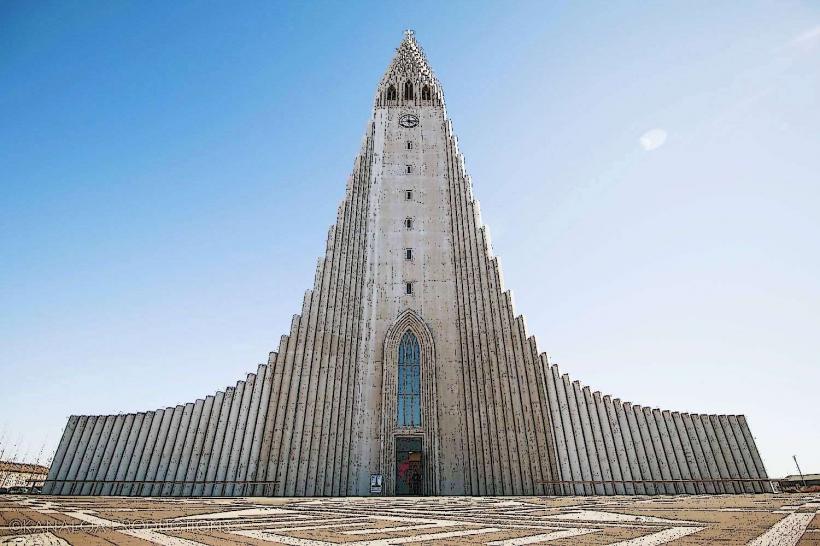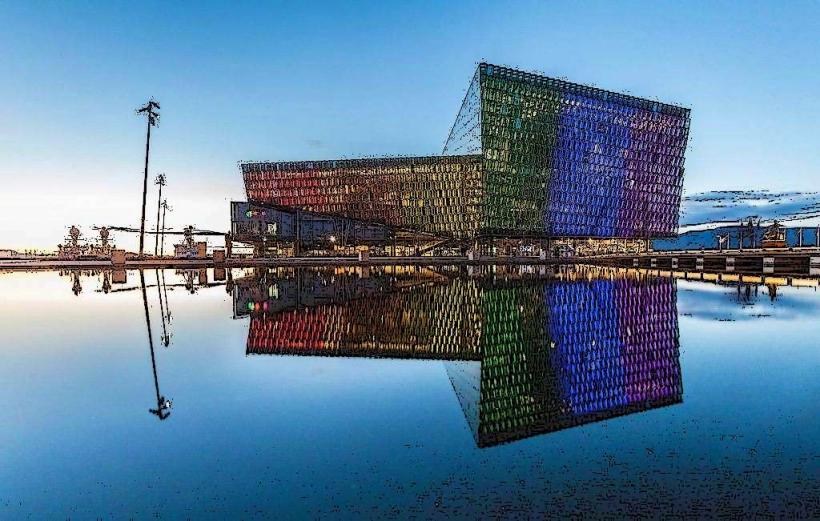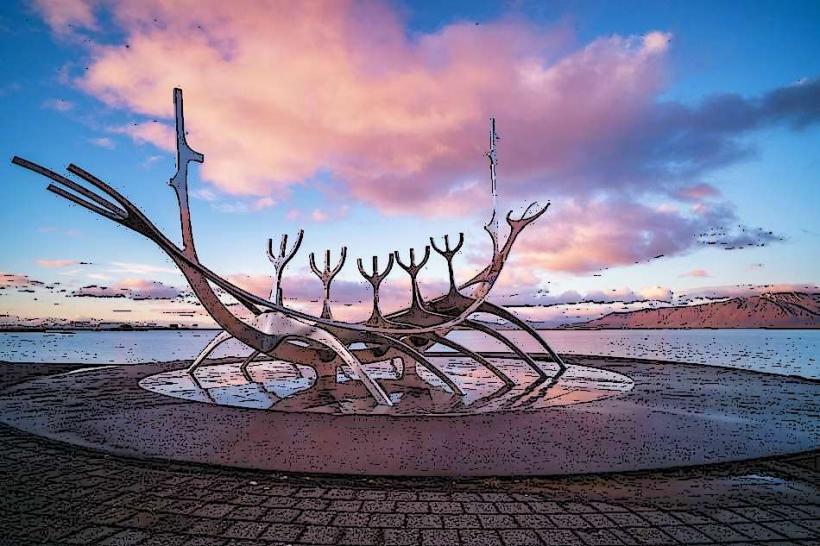Information
Landmark: Einar Jónsson Sculpture GardenCity: Reykjavik
Country: Iceland
Continent: Europe
The Einar Jónsson Sculpture Garden (Einar Jónsson Listagarður) is an iconic open-air museum and sculpture park located in Reykjavik, showcasing the works of one of Iceland's most renowned sculptors, Einar Jónsson (1874–1954). This beautiful garden is not only a tribute to Jónsson’s artistic legacy but also an important part of Iceland’s cultural heritage. Situated near Hallgrímskirkja, the country's most famous church, the sculpture garden offers both art lovers and casual visitors a tranquil space to enjoy both art and nature.
History and Background
Einar Jónsson was one of Iceland's pioneering modern sculptors, and his works are central to Icelandic visual art. He studied in Copenhagen and Paris, and throughout his life, he developed a distinctive style influenced by symbolism and romanticism. Many of his sculptures explore themes of Icelandic folklore, mythology, and Christianity, reflecting his deep connection to Icelandic culture and spiritual traditions.
The Sculpture Garden was created in 1923 by Einar Jónsson himself, as he wanted to share his art with the public. It opened as a space for the display of his sculptures, and over time, it became a key destination for those interested in Icelandic art and history. The garden also includes Einar Jónsson’s studio, which has been preserved as part of the museum and is open to visitors.
The Sculpture Garden
The Einar Jónsson Sculpture Garden is an outdoor exhibition that features a variety of sculptures, showcasing the artist's unique style. The sculptures are arranged throughout the park in a natural setting of green lawns, trees, and paths, providing a peaceful environment for visitors to enjoy the works of art.
Works Displayed: The sculpture park includes bronze, stone, and wooden sculptures, many of which were designed to be placed outdoors, interacting with the natural surroundings. Some of the most notable pieces in the garden include:
- The Garden of Earthly Delights: This series of sculptures presents figures from Icelandic mythology and folklore, such as gods, heroes, and mythological creatures, inspired by Icelandic sagas and medieval tales. These works reflect Einar Jónsson's deep connection to the country’s cultural traditions and his attempt to bring Icelandic mythology into visual form.
- The Monolith: One of his most well-known pieces, The Monolith explores the relationship between human beings and the natural world. It depicts a human figure entwined in a dramatic, twisting form that symbolizes the tension between humanity and the forces of nature.
- Christ and the Resurrection: This piece, created by Einar Jónsson in the early 20th century, portrays Christ's resurrection, with symbolic elements representing life and renewal. The work reflects Jónsson’s religious themes, which he often explored through his art.
Artistic Style: Jónsson’s style blends symbolism, romanticism, and expressionism, with strong emotional undertones and an interest in portraying dramatic and mystical subjects. His work is often described as visionary, as he sought to evoke emotions through human forms, dynamic compositions, and a powerful sense of movement.
The Museum and Studio
The Einar Jónsson Museum is located within the sculpture garden. It is housed in the artist’s former studio and residence, which has been preserved to reflect his life and work. The museum includes a collection of his drawings, sketches, and models, providing visitors with insight into his creative process and artistic evolution.
Permanent Exhibits: In addition to the outdoor sculptures, the museum houses permanent exhibitions of Jónsson’s works, including several of his early sketches, studies, and models for larger pieces. There are also photographs and personal objects related to the artist, offering a glimpse into his life as an artist and his creative journey.
The Sculptor’s Legacy: The museum provides a comprehensive view of Jónsson’s body of work, highlighting his contributions to Icelandic art and his lasting influence on future generations of Icelandic sculptors. It is an important cultural space for understanding the development of modern Icelandic sculpture.
Location and Visitor Experience
Proximity to Hallgrímskirkja: The sculpture garden is located near Hallgrímskirkja, one of Reykjavik's most famous landmarks. The area around the garden is also a popular spot for both locals and tourists, offering panoramic views of the city and nearby landscapes.
Atmosphere: The garden is a serene space that invites reflection and leisurely walks through beautifully arranged sculptures. Visitors can wander along pathways, interact with the art, and appreciate the way the sculptures are integrated into the natural landscape.
Guided Tours and Activities: The museum offers guided tours that provide deeper insight into the meaning and context of the sculptures and their connection to Icelandic culture. It’s also a great spot for those interested in Icelandic art history to learn about the evolution of sculpture in the country.
Educational and Cultural Importance
The Einar Jónsson Sculpture Garden is not just a gallery; it is a cultural and educational resource that teaches visitors about the significance of Einar Jónsson’s art, Icelandic mythology, and modern sculpture. Through its collection, the garden preserves an essential part of Iceland’s artistic legacy and allows visitors to engage with the rich history and culture of the country.
The garden also serves as a cultural hub, hosting various art-related events, exhibitions, and performances throughout the year. It’s an important part of Reykjavik’s broader cultural landscape, providing both locals and international visitors with access to Iceland’s art history.
Conclusion
The Einar Jónsson Sculpture Garden is a beautiful and historically significant destination in Reykjavik. It allows visitors to experience the work of one of Iceland's most influential sculptors, surrounded by lush greenery and offering breathtaking views of the city. With its captivating sculptures, serene atmosphere, and historical significance, the garden is a must-visit for those interested in Icelandic culture, art, and mythology. Whether you're an art lover or simply seeking a peaceful retreat in the heart of Reykjavik, the Einar Jónsson Sculpture Garden offers a memorable and enriching experience.

